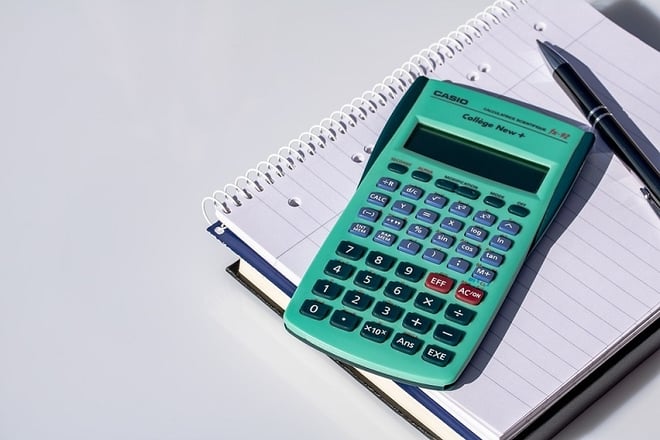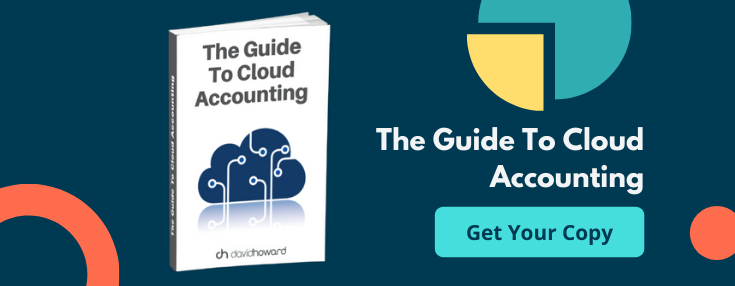Impact of dividend tax changes

April 2016 has seen more tax changes then we can count but the upheaval of dividends is perhaps the most significant for business owner-directors.
Everyone wants an efficient way to receive their income in 2016/17 but the rules aren't always easy to navigate. In this blog post we briefly go over dividend tax changes and how they will impact on income planning.
Dividend tax changes
Simplifying the rules for dividend income, the 10% tax credit has now been abolished and replaced with an annual dividend tax allowance of £5,000.
Dividend income that’s within the £5,000 threshold will be tax-free. If your dividend income exceeds the threshold, you will be taxed at the following rates:
- basic rate: 7.5%
- higher rate: 32.5%
- additional rate: 38.1%
Impact on tax planning
Despite the government claiming that 85% of people will pay the same or less tax on their dividends, the changes could have an impact on your income planning. The following example shows how the new rules could impact a basic rate taxpayer who tops up their salary with dividends:
“I have a non-dividend income of £18,000, and receive dividends of £22,000 outside of an ISA.”
£11,000 of the £18,000 income is covered under the personal allowance. The remaining £7,000 will be taxed at the basic rate of 20%.
Of the £22,000 dividend income, the first £5,000 is covered under the dividend allowance. The remaining £17,000 will also be taxed at 7.5%.
In 2016/17 the total tax on dividends would be £1,275 (£17,000 x 7.5%).
In comparison in 2015/16, this person would have paid £13.38 on the same dividend.
Points to consider
For owner-directors, there are a few points to consider when deciding whether to pay a dividend:
- the £5,000 allowance only applies to dividend income
- dividends are paid at a fixed rate per share held, meaning all shareholders are entitled to dividends in the same ratio (unless you have different classes of shares)
- any tax payable as a result of dividend payments will be paid through self-assessment the £1,000 personal savings allowance is excluded from dividend income. The same applies for higher rate taxpayers (£500).
Our website has more information on the differences between salaries and dividends.
Contact us
If there is a specific area you would like us to help you with, contact us by completing the form on our website. Alternatively you can call us on 020 8977 0905 (Hampton Office) or 01932 855644 (Weybridge Office) to speak to an adviser.
Posts by Topic
- Accounting Services (58)
- Tax Services (57)
- Tax (50)
- Smart Accounting Services (34)
- Tax Return (29)
- Corporation Tax (26)
- COVID-19 (24)
- sme accounting (24)
- Clients (19)
- Switching Accountants (16)
- VAT (15)
- Making Tax Digital (13)
- News (13)
- Xero (13)
- Dividend Tax (12)
- bookkeeping (12)
- Payroll (10)
- Cloud Software (9)
- Capital Gains Tax (6)
- Inheritance Tax (3)
- Savings (3)
- Benefits In Kind (Employee Benefits) (2)
- Case Studies (2)
- Stamp Duty (2)
- Trust (2)
- Trust Account (2)
- GDPR (1)
- Insider (1)
- Lifetime ISA (1)
- Retirement Savings (1)
- Wear & Tear Allowance (1)
